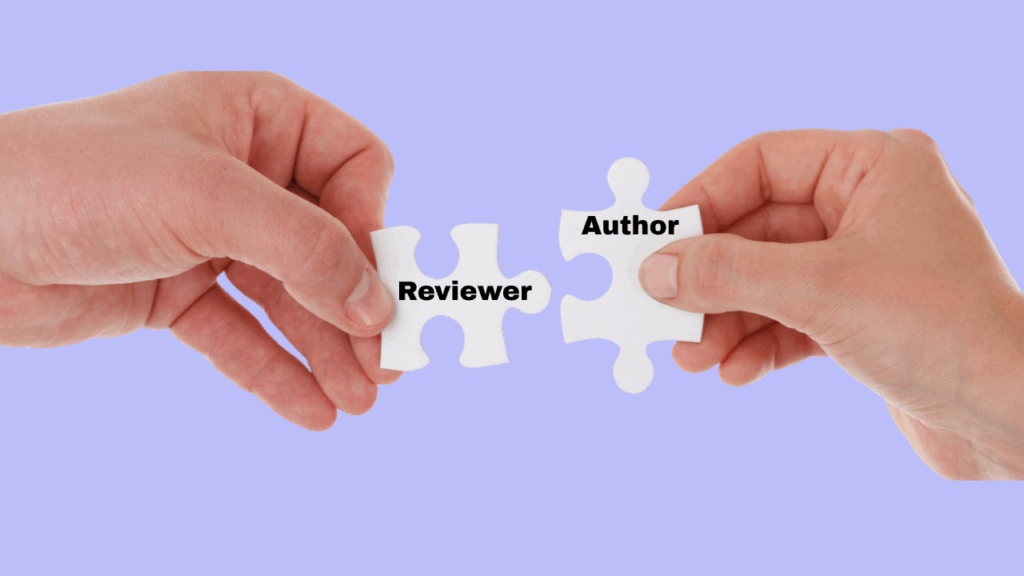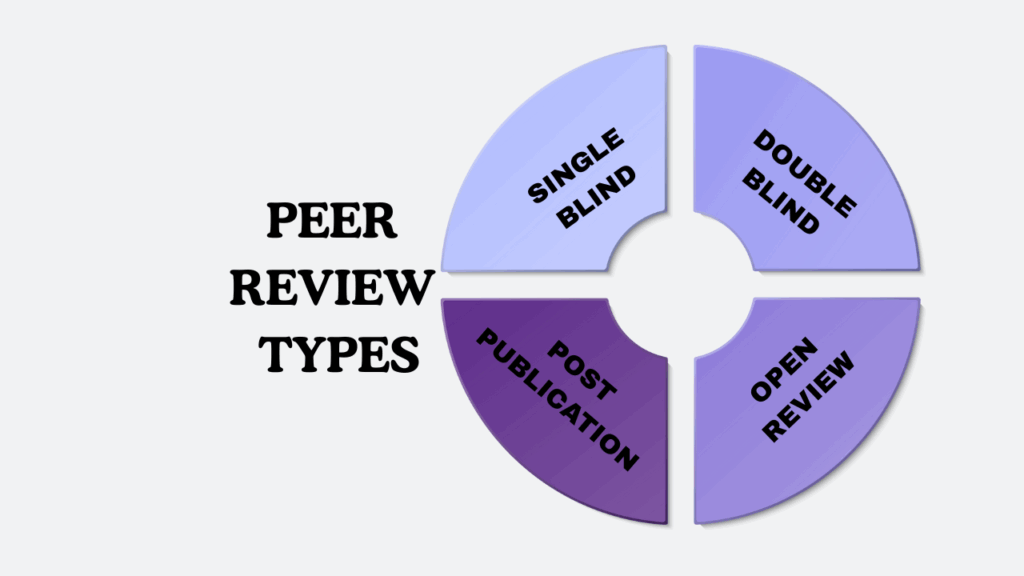My first peer review experience: It’s hard to not take poor reviews personally

A view from the study site, overlooking Lhù’ààn Mǟn (Kluane Lake) in the Southwest Yukon, Territory.
Well folks, it is the final push of the semester before winter holidays! I have high expectations of what I want to accomplish over the next several days before I am homeward bound and enjoying the coastal mountains of British Columbia. The halls are quiet, as undergraduates are finished with their classes, so fingers crossed that I leave with at least a little bit of self-fulfilment.
Over the past two weeks, I have put my Master’s project on the backburner and have been working on revisions for a manuscript I had submitted to a journal for publication. The manuscript details my undergraduate-directed studies project, which was conducted in the Southwest Yukon Territory, when I was working as an undergraduate field assistant. Recent observations, across the circumpolar, have found that the range limits of deciduous, tall shrubs have expanded, moving upslope and to greater latitudes. A change in plant community composition from small-statured tundra plants to shrub-land will likely affect both ecosystem function and composition. My directed studies project asked how plant community composition and alpine tundra ecosystem properties varied along a shrub density and altitudinal gradient. You all aren’t plant ecologists so that’s all the technical detail I will get into (but after looking at the picture of the beautiful view from my study site, maybe you wish you were). In this post, I want to address the journey of my first submission to an academic journal. Of course, this experience is unique and perhaps lots of things I experienced are not commonplace; so take it as you will.
1. Things take a time.
My coauthors and I first submitted our manuscript in spring of 2016. It was 8 months later when we received a ‘resubmit with major revisions’ from the journal. We resubmitted the manuscript and 6 months later, we heard back that our manuscript was rejected. We addressed the remaining issues that the 1st journal had, reformatted, and submitted the manuscript to another journal. Another 6 months lapsed and we are currently revising the manuscript to resubmit to Journal 2. The manuscript has been in the peer review process now for a year and a half, when you add in the time it took to collect and analyze the data and draft the manuscript, we are close to 3 years.
2. Importance of staying organized.
With three years since the project’s inception, recalling what, why, and how no longer comes easily. Keeping clear notes, well organized data files, and well annotated analyses is crucial. This lesson perfectly corresponded to a lab meeting I attended about good data practises. We concluded in our lab meeting, that if something was to happen to you today, you want your data and analysis to be organized and annotated in a way that a stranger could pick-up and continue your project with ease. Well, it is safe to say that when I went back into my data to respond to a reviewer’s point, I myself, the person who created the files, had to squint and scroll through and dissect what I had done a few years ago to find what I was looking for. Definitely not clear, definitely not easy. It perfectly illustrated the conclusion of our lab meeting – it is easier to take the time to document things well from the start, than it is to sort through things in the future. It was a really good lesson for me and a goal I am going to strive to stay on top of during my Master’s.
3. It is hard to not take poor reviews personally.
So we all made it to grad school or are thinking about attending grad school. We were clearly competent undergraduate students who were used to excelling in our respective fields. The first reviews I received were numerous and addressed issues that hadn’t even crossed my mind. After already investing so much time into the project, I was disappointed, somewhat embarrassed that the manuscript I had submitted had so many flaws, and felt really overwhelmed with thinking about how to start revisions. I took a few days to let emotions subside and started revising. I found myself trying to alter the manuscript to address every point the reviewers made but struggled on a few because I didn’t agree with their statements. My coauthor, a tenure-track professor, quickly told me it is okay to respectfully disagree with reviewers. As a junior in the field, I needed to surpass the imposter syndrome hurdle, in order to disagree with confidence; who am I to tell expert reviewers that I didn’t agree with aspects of their review? It has been an emotional roller-coaster, from embarrassment, to self-doubt, to feelings of pride. In the end, every round of revision, no matter how hard they are to initially internalize, has made the manuscript a stronger piece of work; it is now in leaps and bounds better than the original work.
The manuscript will be ready to resubmit to Journal 2 within the next few days, I am proud of the work I have put into it, but also now recognize some flaws that I cannot fix but can only acknowledge. Of course, I hope that this process will lead to my first publication but in the end if it doesn’t it has been an invaluable learning experience.
Cheers,
Anna
Wildflowers growing on Kluane Plateau; (from left to right) Mountain Avens (Dryas octopetala), Northern Monkshood (Acontium delphinifolium), and Western Arctic Shooting Star (Dodecatheon frigidus).
Anna Leigh Crofts is a PhD Student, Départment de biologie, Université de Sherbrooke. This story was originally published on the Memorial University Student Blog (available here), and has been republished here with permission.




